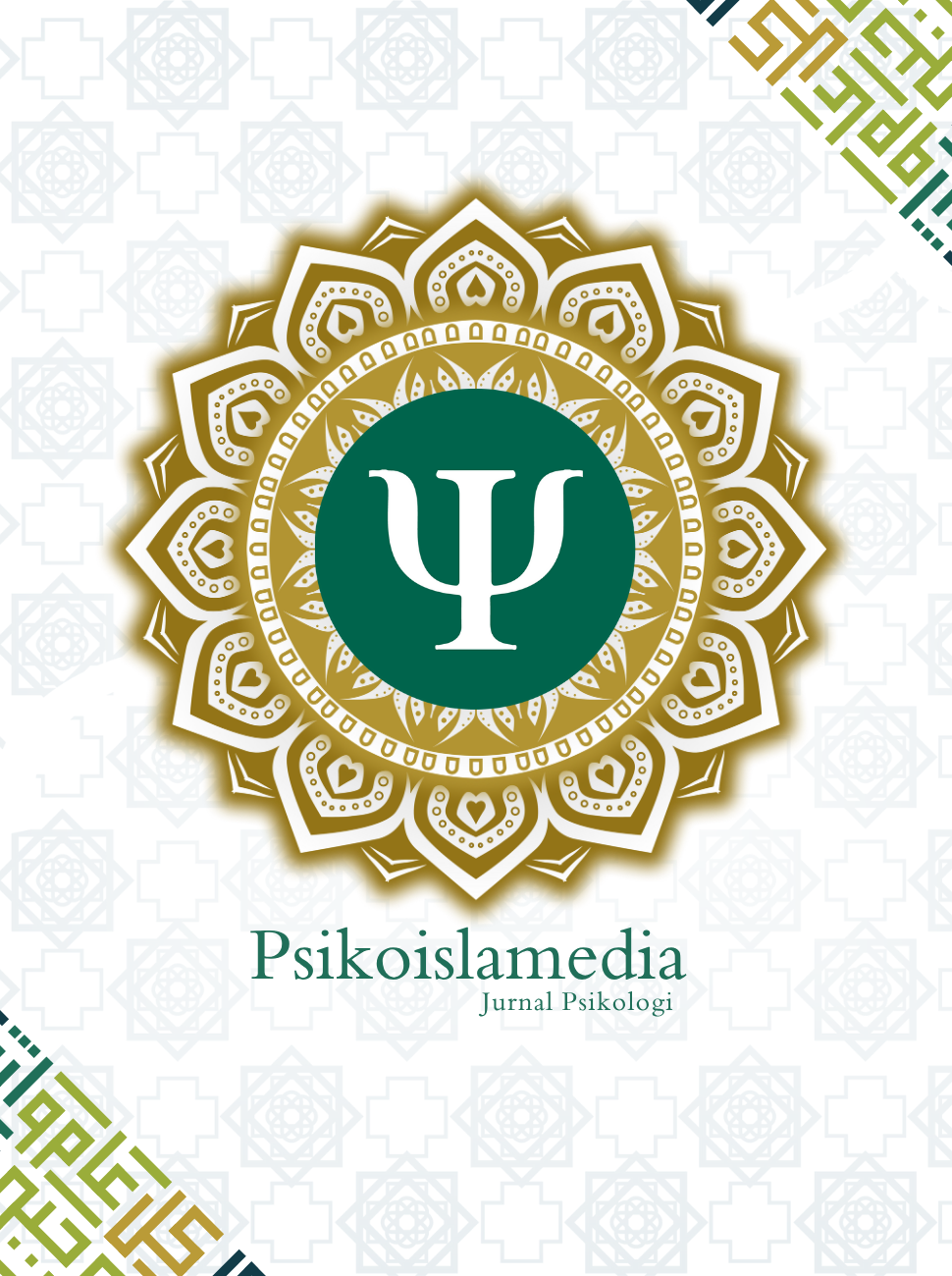Stress Coping with Aggressive Driving Behavior among Generation Z in The Motorcycle Community
DOI:
https://doi.org/10.22373/psikoislamedia.v10i2.31867Abstract
Traffic accidents are the leading cause of death, particularly among Generation Z, with aggressive driving behavior being one of the main contributing factors. This behavior is often associated with low stress coping skills. This study aims to examine the relationship between stress coping and aggressive driving behavior. This study employs a quantitative correlational method, utilizing the Aggressive Driving Behavior Scale (ADBS) and Ways of Coping Stress instruments. The sample was selected using purposive sampling, comprising 100 Generation Z participants from a motorcycle community. Data analysis using Spearman’s rho correlation test showed a coefficient of -0.598 with a p-value < 0.001. This result indicates a strong negative relationship: the better an individual manages stress, the lower their aggressive behavior on the road. These findings emphasize the importance of stress management as a psychological intervention to reduce aggression and contribute to reducing traffic accident rates.
Keywords: Aggressive Driving Behavior, Coping Stress, Z Generation
Downloads
Published
Issue
Section
License
Copyright (c) 2025 Alfani Alfi, Dicky Listin Quarta, Lita Ariani

This work is licensed under a Creative Commons Attribution-ShareAlike 4.0 International License.
Authors who publish in this Journal agree to the following terms:
- Authors retain copyright and grant the journal right of first publication with the work simultaneously licensed under Attribution-ShareAlike 4.0 International (CC BY-SA 4.0) allows others to share the work with an acknowledgment of the work's authorship and initial publication in this journal.
- Authors are able to enter into separate, additional contractual arrangements for the non-exclusive distribution of the journal's published version of the work (e.g., post it to an institutional repository or publish it in a book), with an acknowledgment of its initial publication in this journal.
- Authors are permitted and encouraged to post their work online (e.g., in institutional repositories or on their website) prior to and during the submission process, as it can lead to productive exchanges, as well as earlier and greater citation of published work. (See The Effect of Open Acces)














